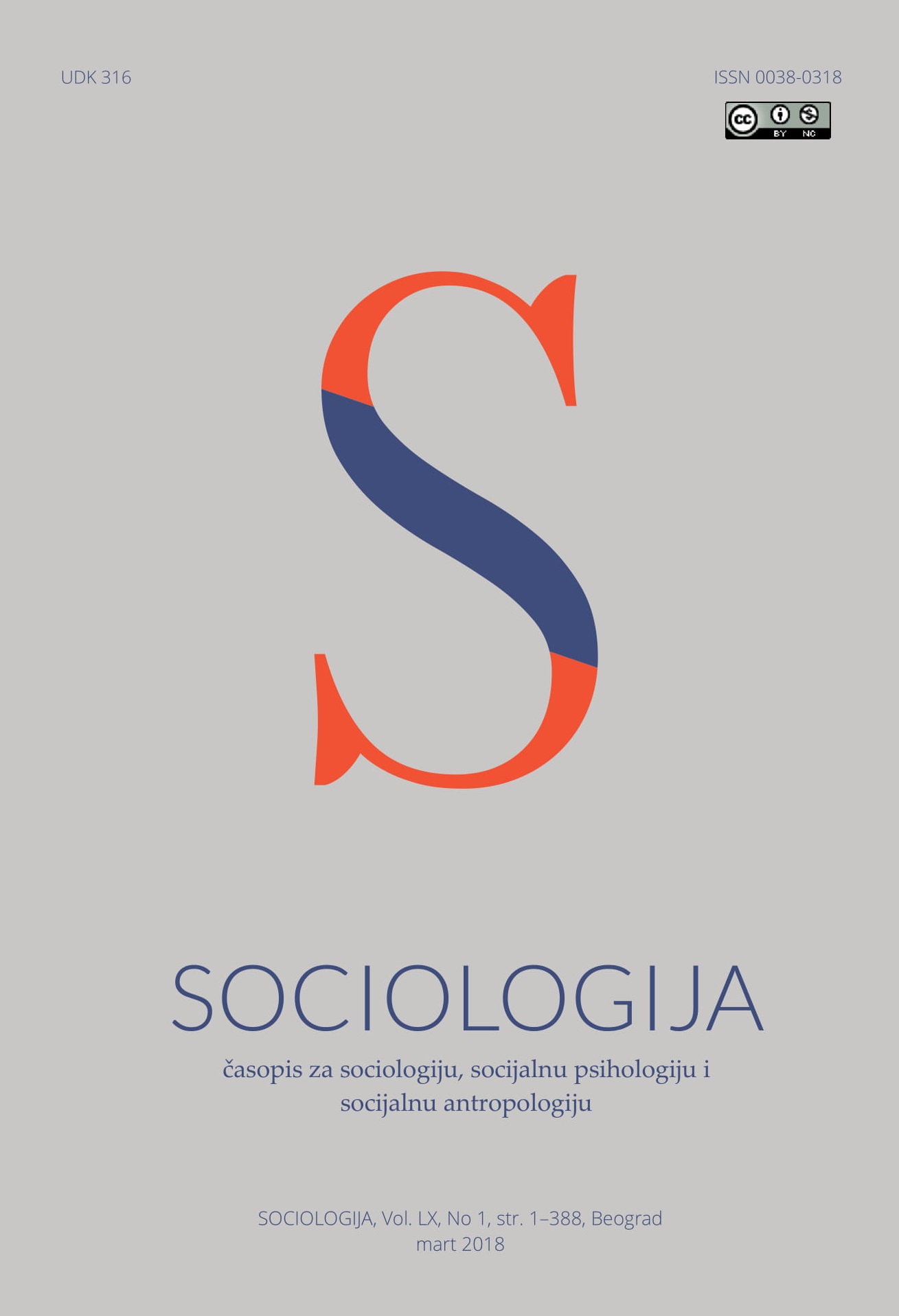Postmoderni feminizam i ometenost: ka višestrukim identitetima „ometenih“ tela
Postmodern Feminism and Disability: Toward Multiple Identities of „Disabled“ Bodies
Author(s): Luka Mijatović, Mirko FilipovićSubject(s): Gender Studies
Published by: Sociološko naučno društvo Srbije
Keywords: feminist theory; postmodern feminism; disability; disability models; binary opposition
Summary/Abstract: From the postmodern theorists point of view, disabled bodies primarily are objects of performing the power, in several ways: from „staring“ as the act of labeling, to medicalization, rehabilitation and „normalization“. Feminist theory of disability tends to combine gender and disability and to perceive them together as social construction products which „deviate from standards“. In postmodern theories of gender, primarily in the works of Judith Butler and Elizabeth Grosz, there is a noticeable tendency to attach a dynamic, relational characteristic to gender, and to observe gender differences in the process of intersecting all other binary differences. In addition, in order to deconstruct sex/gender differences, an increasing emphasis is put on the body as a field for inscribing culturally constructed distinctions. This paper explores the possibility of synthesizing knowledge in the field of postmodern gender theories and postmodern understanding of disability. It examines how gender binarism intersects with binarism „disability – nondisability,“ and whether, at the level of „disabled“ bodies, gender differences become invisible.
Journal: Sociologija
- Issue Year: 60/2018
- Issue No: 1
- Page Range: 112-126
- Page Count: 15
- Language: Serbian

